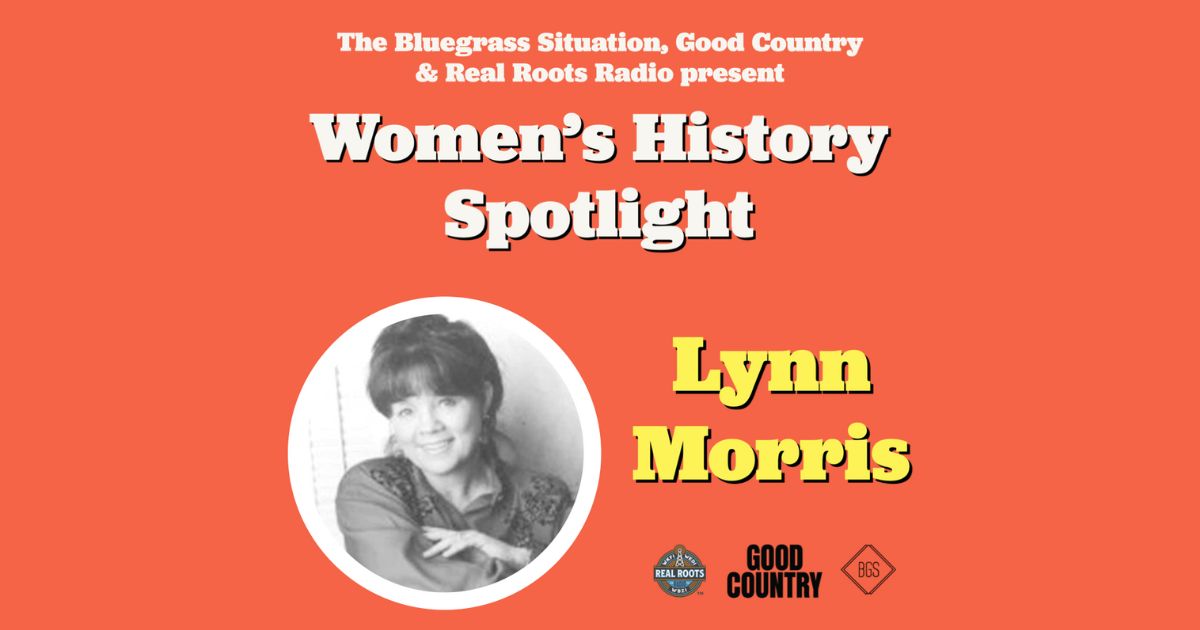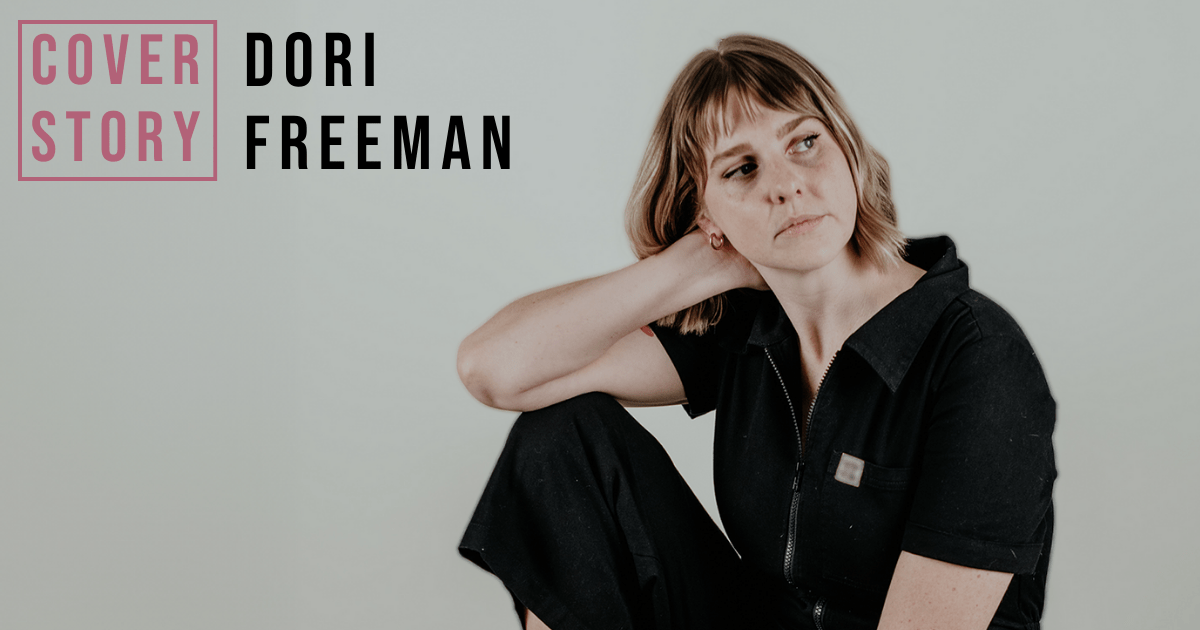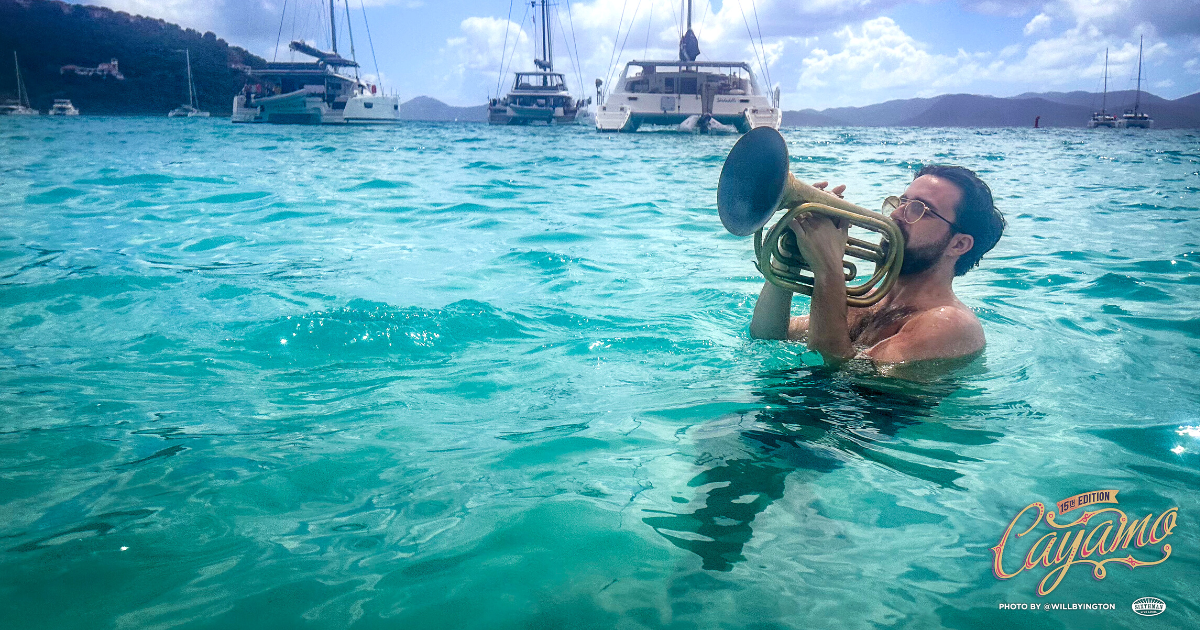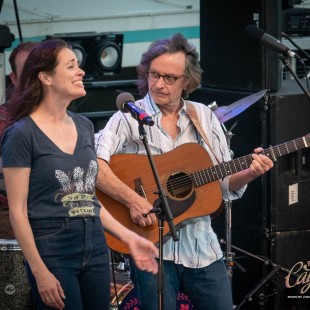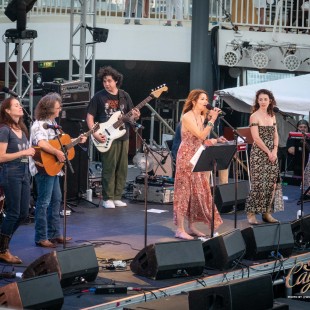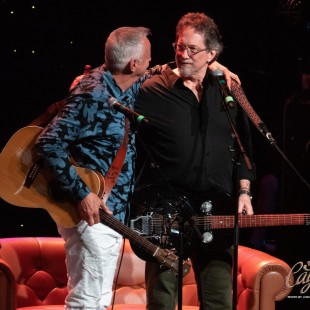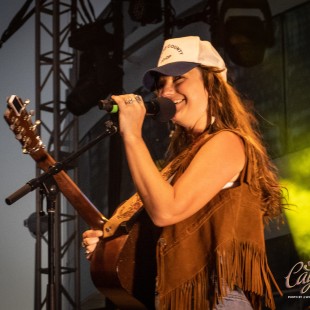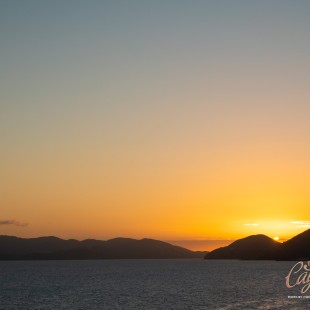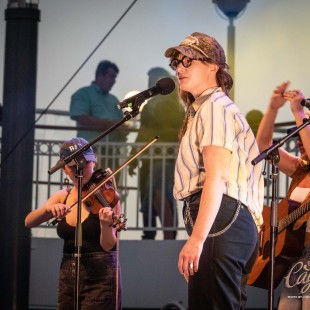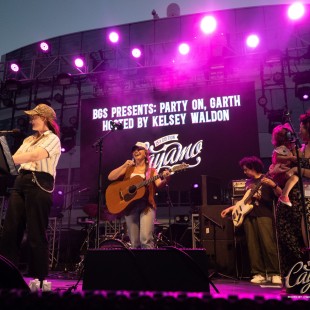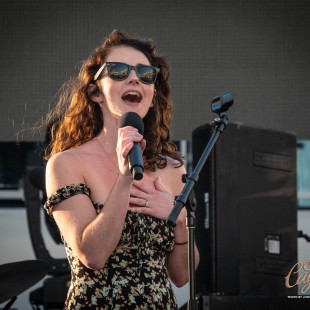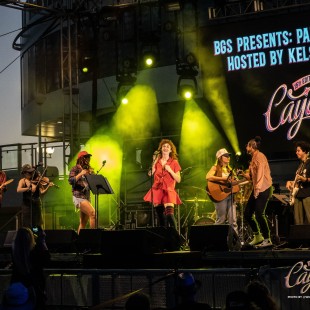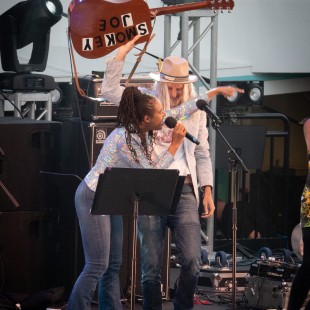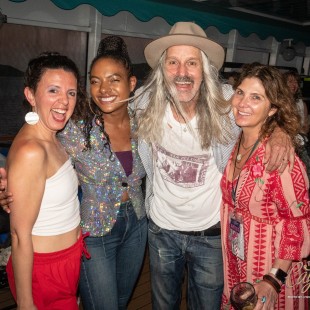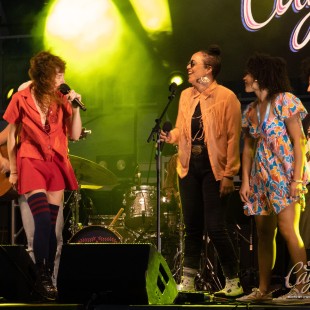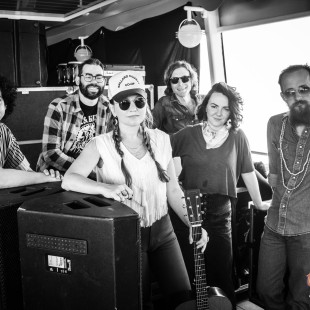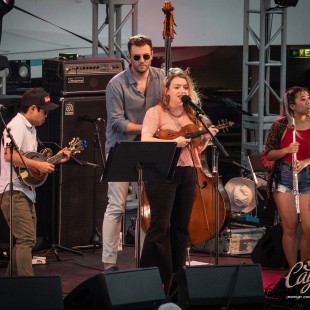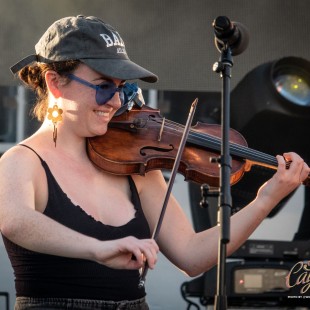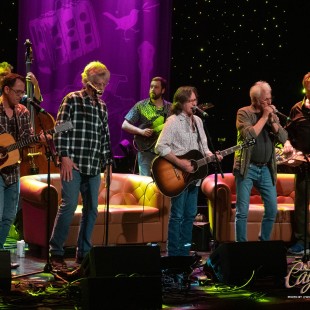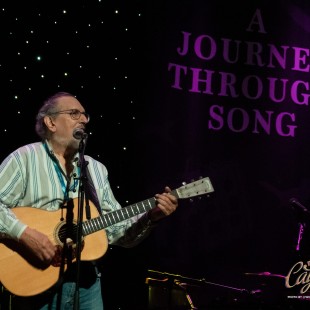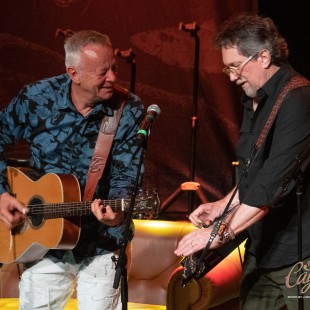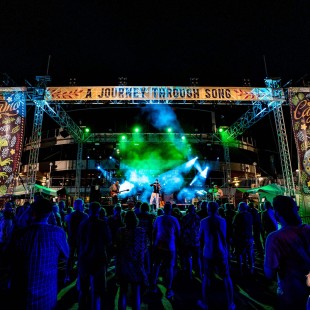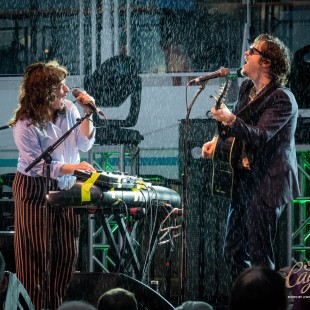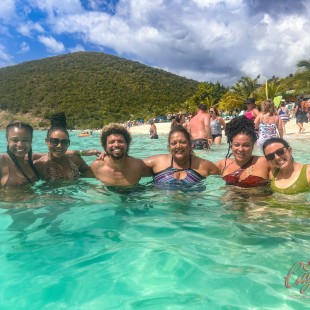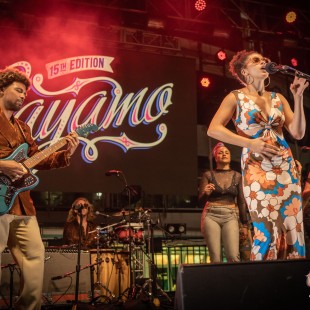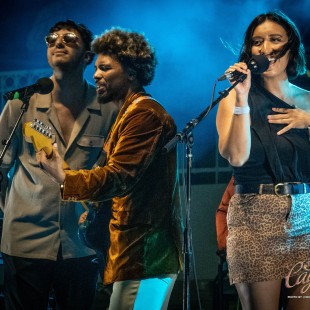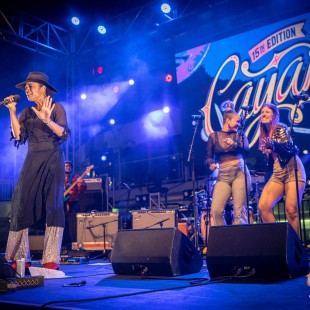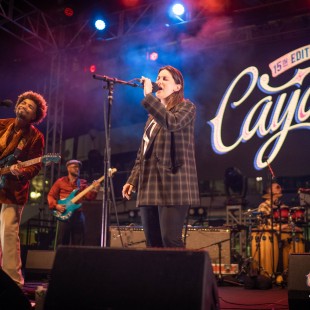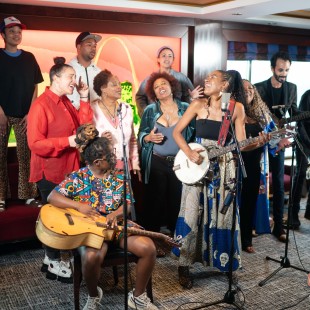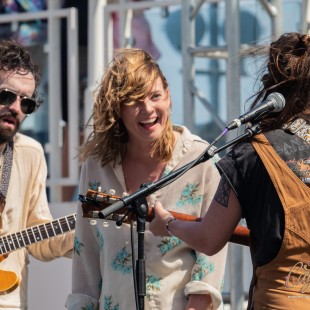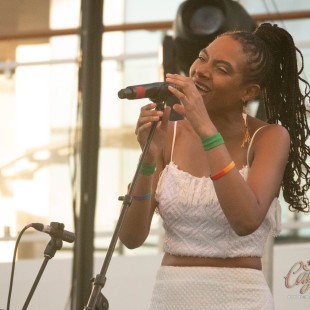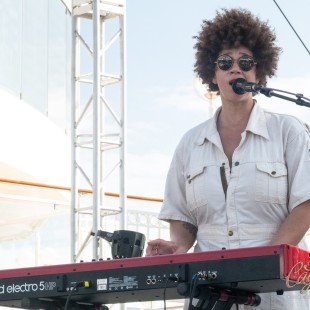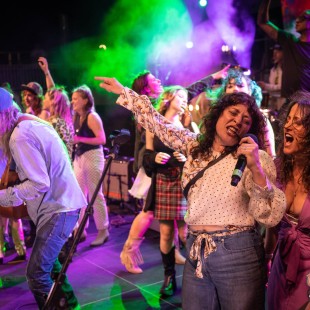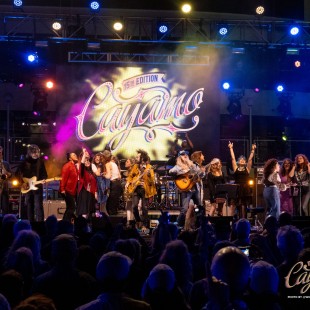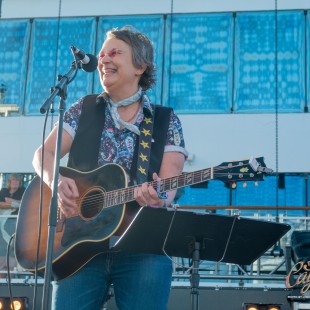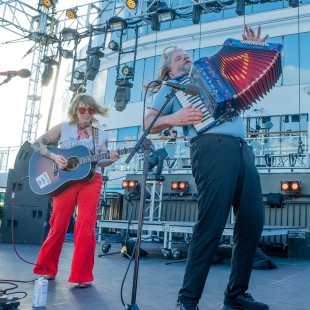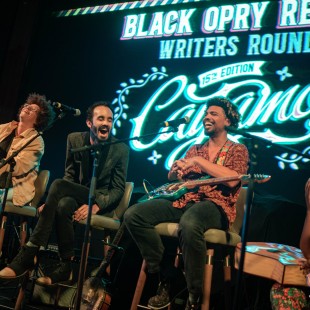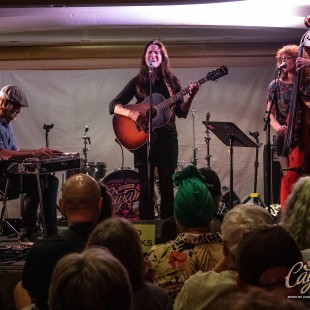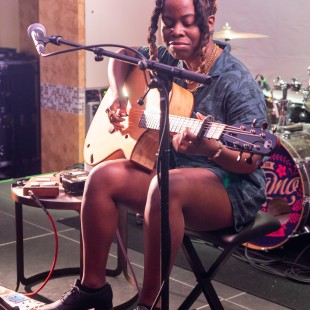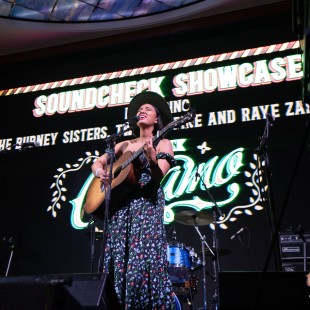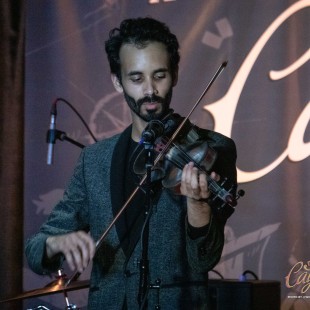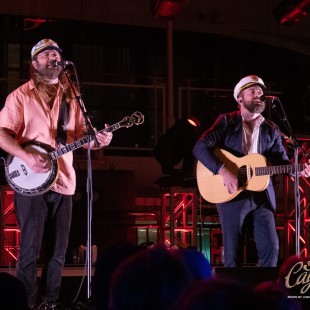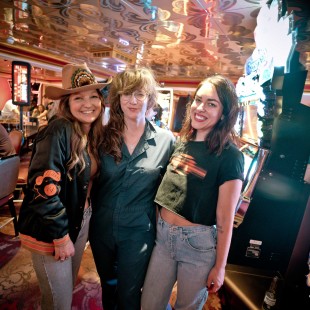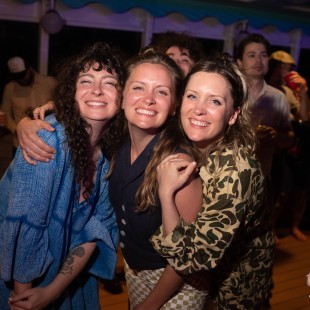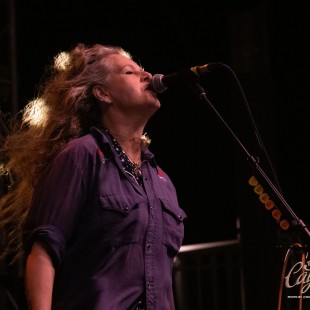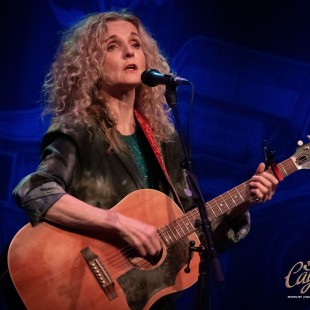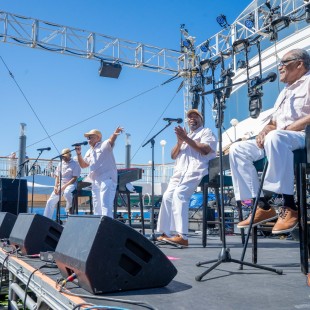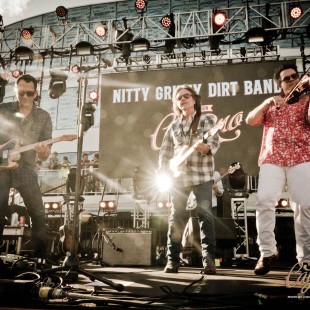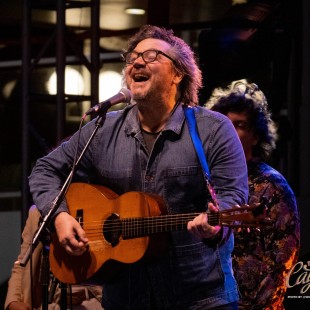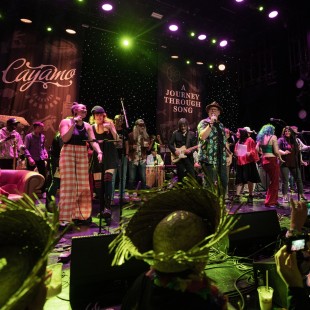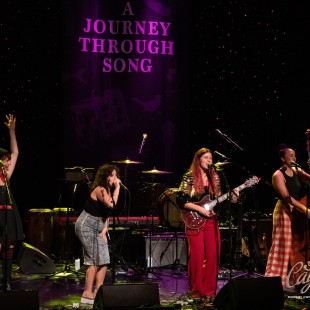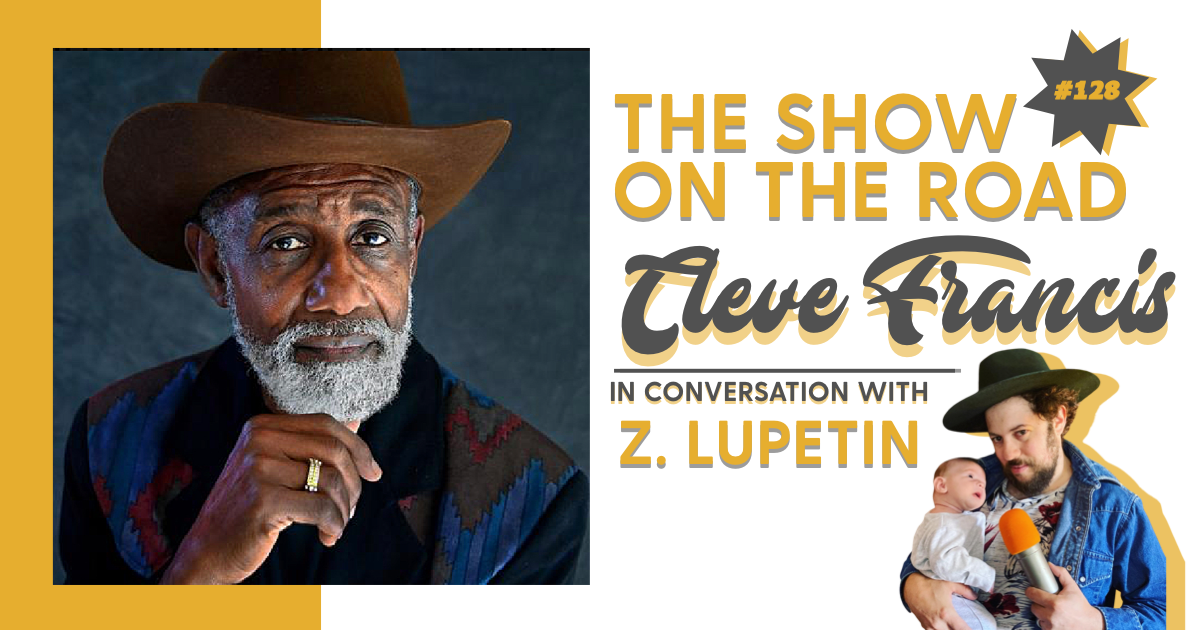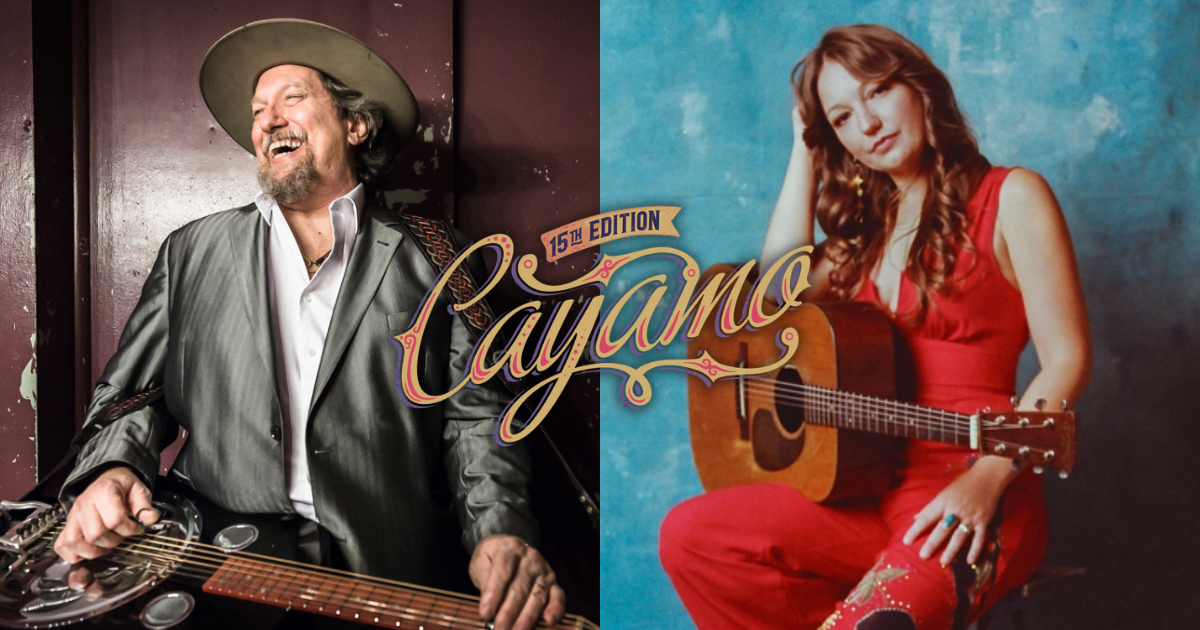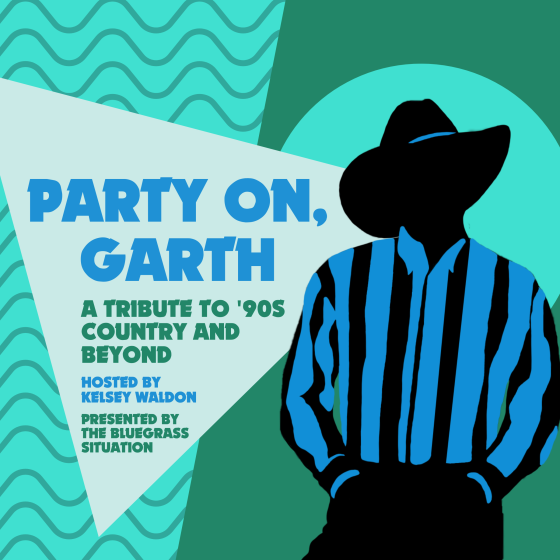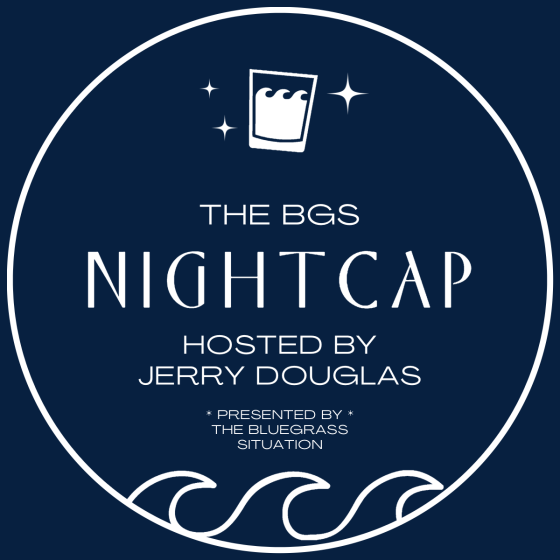March is Women’s History Month, and BGS, Good Country, and Real Roots Radio have partnered to highlight a variety of our favorite women in country, bluegrass, and roots music with our Women’s History Spotlight.
Each weekday in March at 11AM Eastern (8AM Pacific) on Real Roots Radio, host Daniel Mullins will be celebrating a powerful woman in roots music during the Women’s History Spotlight segment of The Daniel Mullins Midday Music Spectacular. Then, we will have a Friday recap here on BGS featuring the artists highlighted throughout the previous week. No list is comprehensive, but we hope to feature some familiar favorites as well as some trailblazers whose music and impact might not be as familiar to you.
You can listen to Real Roots Radio online 24/7 or via their FREE app for smartphones or tablets. You can also ask your smart speaker at home to play “Real Roots Radio.” Based out of southwestern Ohio, we feature the best in country, bluegrass, and Americana music — past and present.
Each week in March, we hope you enjoy learning more about the incredible women who have made American roots music what it is today.
Patsy Cline
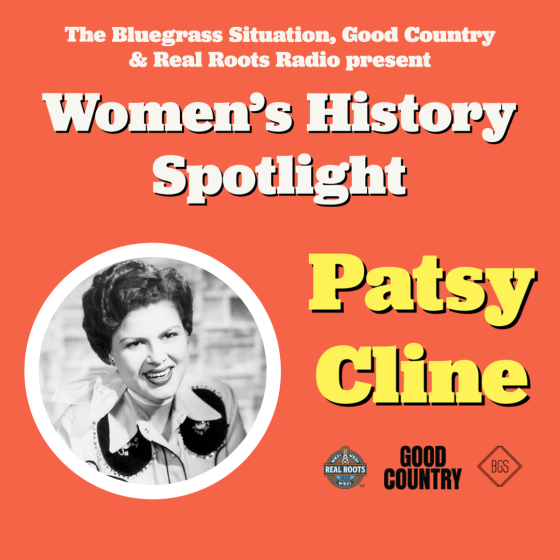
One of the most impactful voices in 20th century American music, Patsy Cline’s legacy still looms large over country music. An crossover star in the genre, her timeless voice has influenced generations of country stars — Loretta Lynn, k.d. lang, Mandy Barnett, and countless others. The strength and emotion with which she sang endeared her to music fans of all walks of life; she has sold over 14 million albums and had songs on the country charts two decades after her untimely passing. Her 1973 posthumous induction into the Country Music Hall of Fame made her the first solo female artist inducted into the hallowed hall.
This week marked the anniversary of the tragic 1963 plane accident that took the lives of Patsy Cline, Cowboy Copas, Hawkshaw Hawkins, and their pilot, Randy Hughes. Although she passed away at the age of 32, there is always Patsy Cline.
Lynn Morris
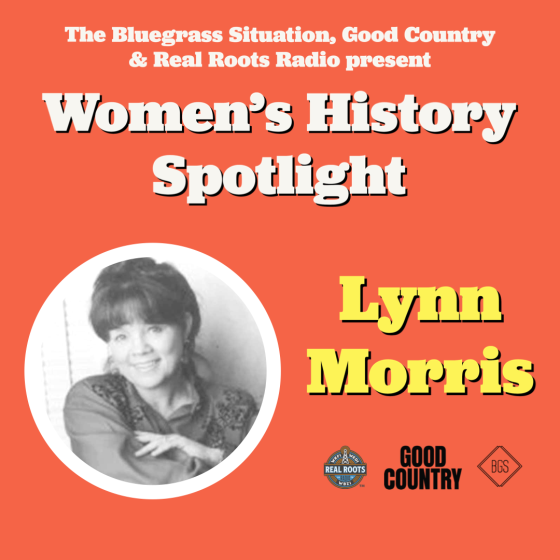
A recent inductee into the Bluegrass Music Hall of Fame, Lynn Morris is renowned in bluegrass circles for her virtuosity as a musician and her sincerity as a vocalist. The first person to win the National Banjo Championship in Winfield, Kansas twice, she is also a fantastic guitar player. After playing with Whetstone Run throughout much of the 1980s, she founded The Lynn Morris Band in 1988. Anchored by her heartfelt voice, The Lynn Morris Band featured a who’s who of future bluegrass stars over the years, including Jesse Brock, Ron Stewart, Chris Jones, Tom Adams, Jeff Autry, Audie Blaylock, and Marshall Wilborn (Lynn’s husband), among many others. She was forced to retire in 2003 due to a stroke, but her love for animals and radiant smile have continue to inspire the bluegrass community.
Connie Smith
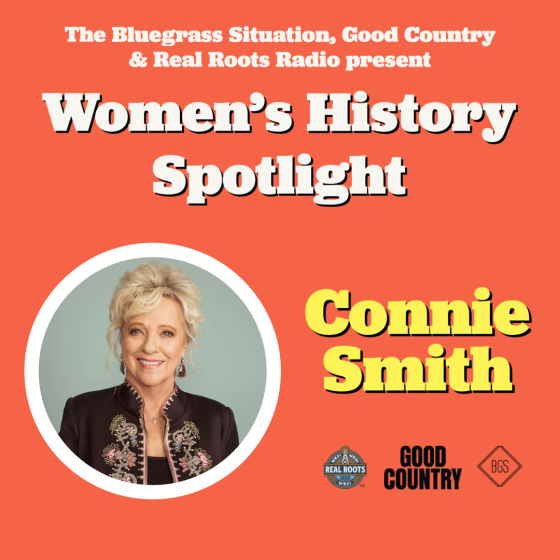
Connie Smith was discovered at a talent contest in Columbus, Ohio at the famed Frontier Ranch by Bill Anderson, who quickly got her to Nashville where her debut single, “Once A Day,” shot to the top of the charts (her only number one hit). Connie Smith was an instant star. After many hit records, she semi-retired beginning in the late ’70s, only working sparingly while she raised her children, until she mounted a comeback in the mid ’90s. She continues to captivate Opry audiences, is still releasing powerful country albums, and was inducted into the Country Music Hall of Fame in 2012. Once billed as “Miss Cute ’n’ Country,” Eddie Stubbs more aptly (and more appropriately) dubbed her “The Rolls Royce of Country Music Singers.”
Paulette Carlson
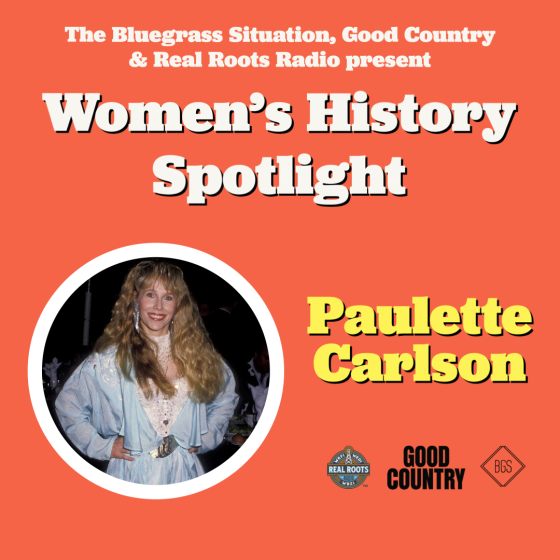
’80s and ’90s country still slaps (which is one of the few things people can agree on these days), and if you’re familiar with country music from that era, you’re definitely familiar with the voice of Paulette Carlson. A Minnesota native, her talent quickly outgrew the bars of Minneapolis and Fargo, North Dakota and she moved to Music City in the late ’70s. After working as a songwriter and releasing a few songs on her own, she formed the band Highway 101 in 1986.
On the strength of Paulette’s distinct vocals, Highway 101 quickly began churning out hit records, like “Whiskey, If You Were A Woman,” “Walkin’, Talkin’, Cryin’,” “Barely Beatin’ Broken Heart,” and their breakthrough hit, “The Bed You Made For Me” (written by Carlson). Highway 101 received “Vocal Group of the Year” honors in 1988 and 1989 at both the CMA and ACM awards. Paulette Carlson left the band in 1990 to pursue a solo career, but failed to reach the commercial success that she achieved while leading Highway 101. In recent years, she has resumed recording touring, with several songs saluting the military, inspired by her brother Gary, a Vietnam War veteran.
Lee Ann Womack
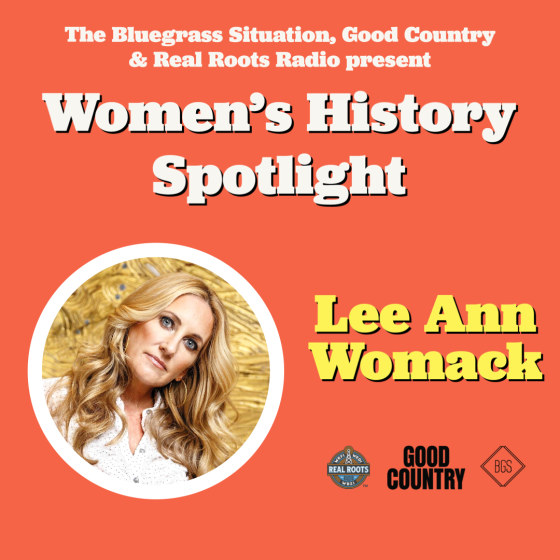
One of the most revered country vocalists of her generation, Lee Ann Womack’s impact on the current generation of female vocalists is obvious. In bluegrass alone, Sister Sadie’s Dani Flowers and Jaelee Roberts both point to her as a major influence, and before that, Flatt Lonesome’s Charli Robertson and Kelsi Harrigill did the same.
While “I Hope You Dance” is still played at nearly every graduation ceremony and high school prom, the depth of Womack’s talent and catalog is remarkable. Her ability to combine her style of traditional country with contemporary elements has allowed her to find great success outside of the genre, while unashamedly being an advocate for country music. In addition to some killer records of her own in recent years (I’m looking straight at you, The Lonely, The Lonesome & The Gone), the timelessness of her voice and the respect she has among her peers has allowed her name to pop up on some amazing all-star albums that truly run the gamut. I implore you to check out her contributions to Divided & United: Songs of the Civil War, last year’s Nashville tribute to the music of Bill & Gloria Gather, the country tribute to Elton John (Restoration), the Fisk Jubilee Singer’s 150th anniversary project, and the award-winning Industrial Strength Bluegrass album.
Patsy Montana
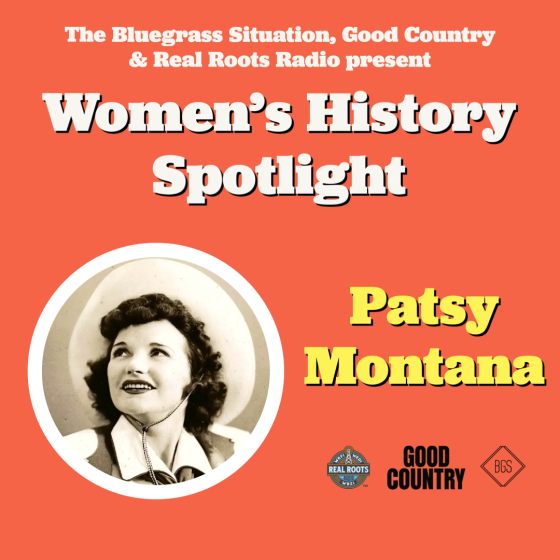
Born Rubye Rose Blevins, Patsy Montana was the original singin’ cowgirl. Her musical talent really blossomed during her time studying at what is now UCLA, where she studied violin, sang, played guitar, and yodeled on the side (which would remain a prominent part of her music). She traveled to Chicago’s World Fair with the hopes of receiving recognition for her family’s watermelon that she toted from Arkansas, but wound up auditioning for WLS’s National Barn Dance, becoming a part of the cast, and quickly becoming a radio star.
Her 1935 hit, “I Wanna Be A Cowboy’s Sweetheart,” would be country music’s first million-selling single by a female artist. She performed on WLS’s airwaves until the 1950s, until she took time off from the music business, but would continue to record occasionally into the 1990s. (Her 1964 album even featured a young lead guitarist named Waylon Jennings, before he was a household name.) Her impact in the early days of country music is remarkable as a trailblazer in the genre. A member of the Country Music Hall of Fame, Patsy Montana is known to have been an influence on future Hall of Famers like Patsy Cline and Dottie West.
It’s also not a stretch that Patsy Montana may have inspired Jessie the Yodeling Cowgirl from the Toy Story franchise… Well, at least it is known that the singing voice of Jessie, Devon Dawson, is influenced by Patsy Montana, but Jessie herself seemed pretty excited to receive the “Patsy Montana Award” by the National Cowgirl Museum in 2000. (Yes. This is actually happened.)
We hope you enjoyed this first installment of our Women’s History Spotlight presented by Real Roots Radio, Good Country, and BGS. Stay tuned for weekly updates each Friday in March.
